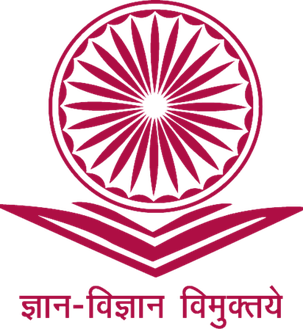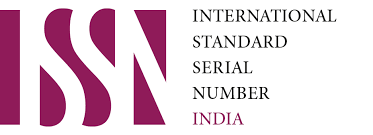Empowering Women in Andhra Pradesh: Evaluating Government Policies and the Role of NGOs
DOI:
https://doi.org/10.8476/sampreshan.v17i2.123Abstract
A vital component of growth that includes social, political, and economic aspects is the
empowerment of women. In Andhra Pradesh (AP), India, this research looks at the influence of
policies and the function of non-governmental organizations (NGOs) in empowering women. With
a mixed-methods approach, the study integrates qualitative insights from focus groups and
interviews with women recipients, government officials, and members of non-governmental
organizations, with quantitative data from surveys. The results show that women's economic
standing, social involvement, and safety have considerably increased as a result of government
efforts such the "Stree Nidhi Credit Cooperative Federation Ltd." and the "Abhayam" mobile
application. Organizations such as the Self-Employed Women's Association (SEWA) and Mahila
Mandals have played a pivotal role in augmenting professional competencies, health
consciousness, and legal literacy. Sociocultural hurdles still exist, though, and they prevent
empowerment from being fully realized. The report emphasizes the value of coordinated efforts
and suggests more cooperation between governmental and non-governmental organizations, broad
awareness campaigns, capacity-building initiatives, and strong monitoring and assessment systems
to guarantee long-term women's empowerment in AP.



